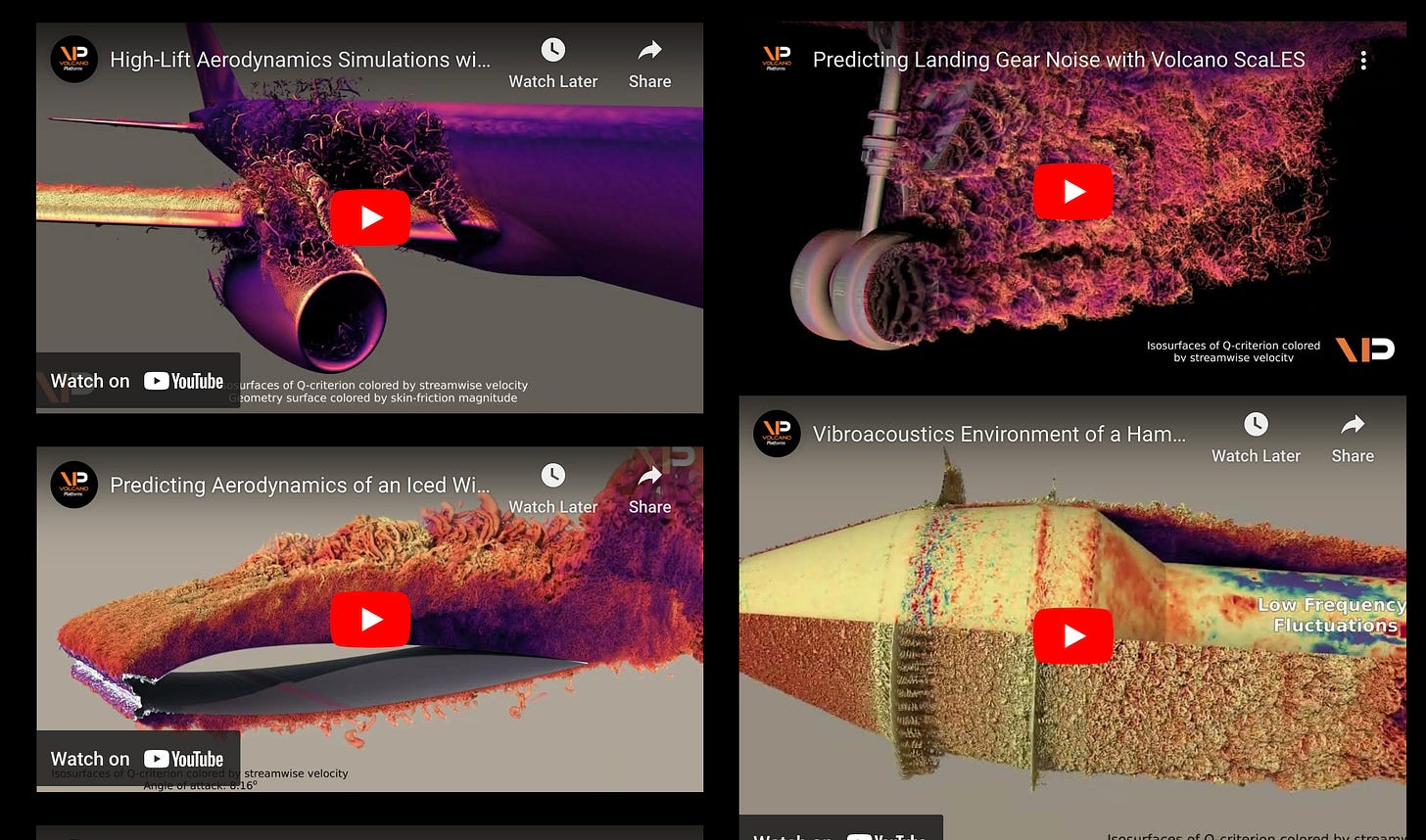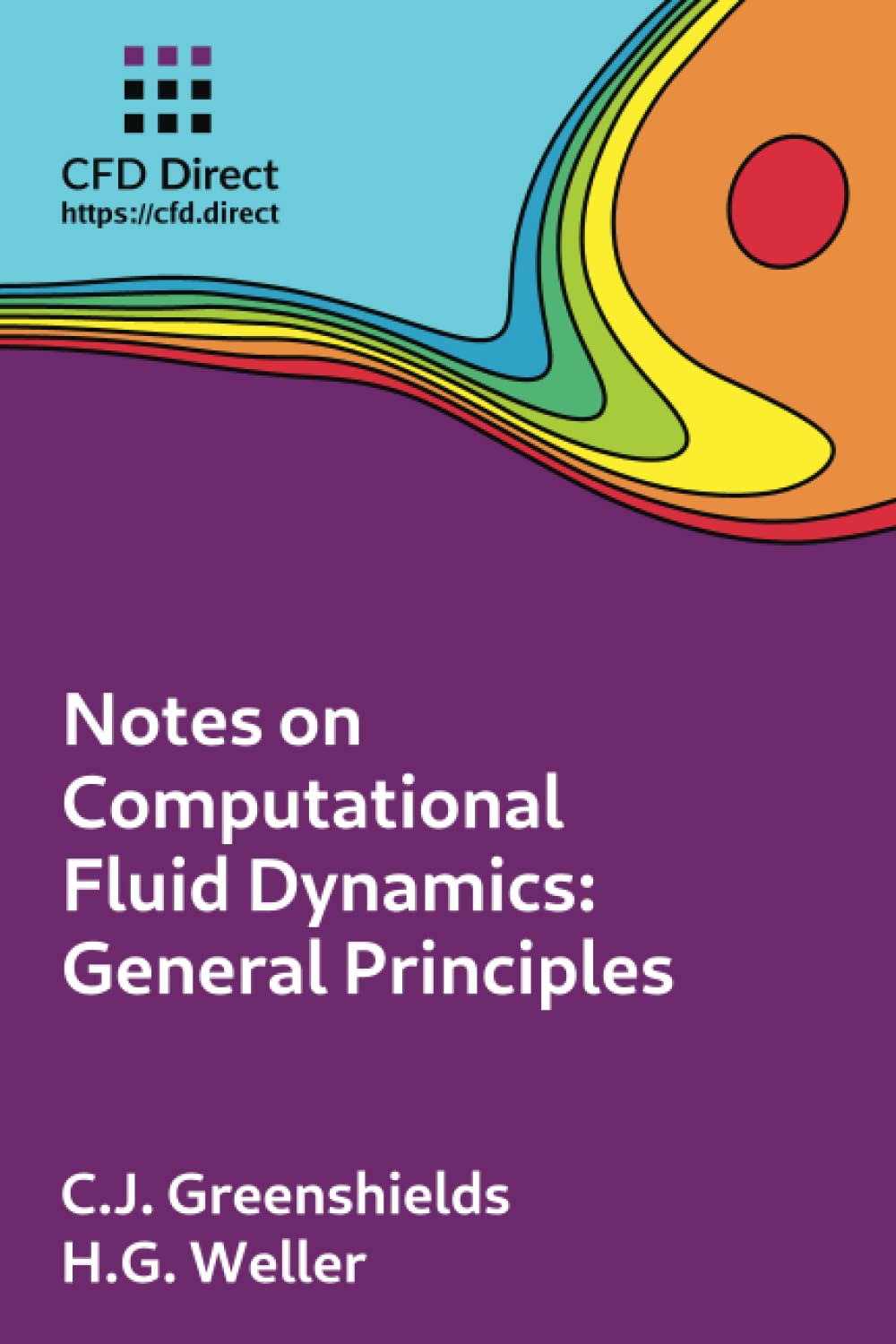ML for CAD Classification, Next-Gen Electromagnetic Simulation & Volcano Platforms
🧠 Science can amuse and fascinate us all, but it is engineering that changes the world.
💻 CAD Classification in Engineering | Deep Dive Session 3
In this Deep Dive session, Ram is utilizing our low-code platform to perform a machine-learning CAD classification. Through practical examples and a live demo, Ram will build ML classification tasks from scratch that can assist engineers.
🧠 AI for Physics & Physics for AI
After briefly reviewing how machine learning is becoming ever-more widely used in physics, Max explores how ideas and methods from physics can help improve machine learning, focusing on automated discovery of mathematical formulas from data.
He presents a method for unsupervised learning of equations of motion for objects in raw and optionally distorted unlabeled video. He also describe progress on symbolic regression, i.e., finding a symbolic expression that matches data from an unknown function. Although this problem is likely to be NP-hard in general, functions of practical interest often exhibit symmetries, separability, compositionality and other simplifying properties.
In this spirit, they have developed a recursive multidimensional symbolic regression algorithm that combines neural network fitting with a suite of physics-inspired techniques that discover and exploit these simplifying properties, enabling significant improvement of state-of-the-art performance.
💦 Volcano Platforms Inc. - Physics-Based Simulations
Volcano Platforms Inc. is an early-stage technology startup providing physics-based simulation capabilities. Automated, predictive, and cost-effective simulation capability is critical to provide the vast amount of data needed to train AI/ML models for engineering decisions.
🧠 Learning governing physics from output only measurements
Extracting governing physics from data is a key challenge in many areas of science and technology. The existing techniques for equations discovery are dependent on both input and state measurements; however, in practice, we only have access to the output measurements only. We here propose a novel framework for learning governing physics of dynamical system from output only measurements; this essentially transfers the physics discovery problem from the deterministic to the stochastic domain.
The results obtained indicate the potential of the proposed approach in identifying governing physics from output only measurement.
💻 Engineering Tool of the Week – Tidy3D - Next-gen Electromagnetic Simulation Tool
Tidy3D is an electromagnetic simulation tool built on a breakthrough in computing architecture, providing scalable, accurate simulations at unprecedented speeds.
📚Book of the Week
Notes on Computational Fluid Dynamics: General Principles
Notes on Computational Fluid Dynamics (CFD) was written for people who use CFD in their work, research or study, providing essential knowledge to perform CFD analysis with confidence. It offers a modern perspective on CFD with the finite volume method, as implemented in OpenFOAM and other popular general-purpose CFD software.
Fluid dynamics, turbulence modelling and boundary conditions are presented alongside the numerical methods and algorithms in a series of short, digestible topics, or notes, that contain complete, concise and relevant information. The book benefits from the experience of the authors: Henry Weller, core developer of OpenFOAM since writing its first lines in 1989; and, Chris Greenshields, who has delivered over 650 days of CFD training with OpenFOAM.
❤️ Support the Blog & Newsletter
Let’s connect on Twitter or Instagram or LinkedIn!
For any business-related issues or collaborations, feel free to write me an email to support@jousefmurad.com!
Keep engineering your mind! 🧠
Jousef





